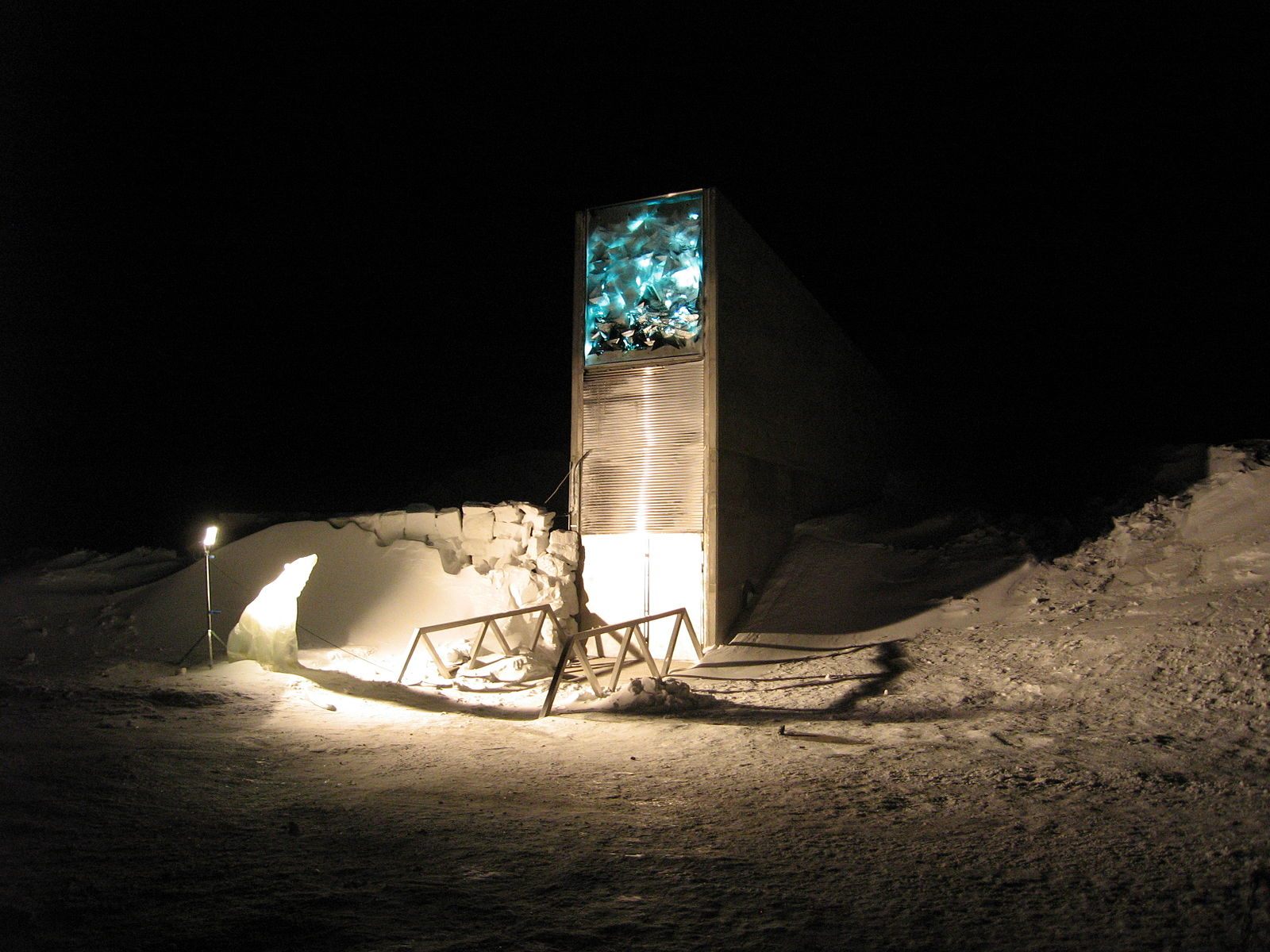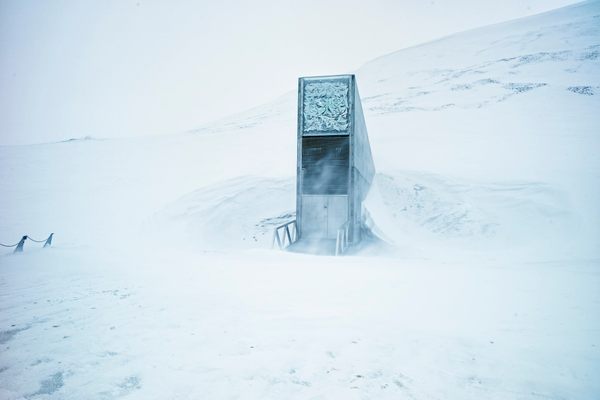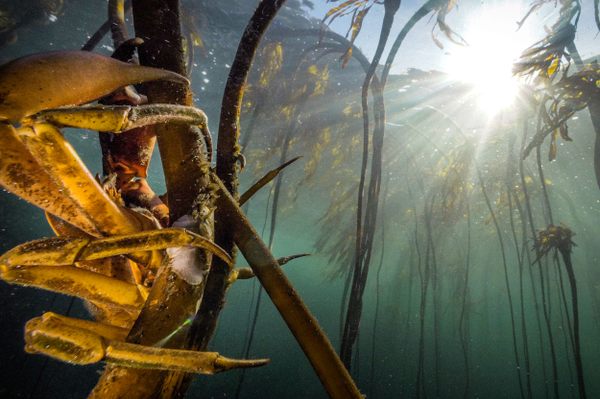Seeds From Syria Are Returning to the Svalbard Vault
This marks the first successful use of the “doomsday” seed vault.

In 2008, when the Norwegian Government and the Global Crop Diversity Trust teamed up to open the Svalbard Global Seed Vault, they thought they were planning far ahead. The vault—essentially a massive safe deposit box for the world’s seeds, kept safe and cold by Arctic ice—is meant to guard against future disasters, like nuclear war or climate change. If such a horror ever necessitates a total agricultural restart, these seeds will be, in the words of their caretakers, “the final back-up.”
But the future has a funny way of sneaking up on you. In 2015—much sooner than anticipated—the vault was turned from ark to library, issuing hundreds of thousands of seed samples to the International Center for Agricultural Research in the Dry Areas (ICARDA). Today, ICARDA is returning the seeds, successfully completing what amounts to the Vault’s first real-world run.


ICARDA made their original deposit in 2008, sending hundreds of thousands of seed samples north to the vault from their primary bank in Aleppo, Syria. They figured they would stay there until some global cataclysm. But in 2012, in the face of a mounting civil war, ICARDA was forced to move their headquarters from Aleppo to Beirut. Although the Aleppo vault remained functional, it became increasingly difficult for the scientists to retrieve seeds from it.
So in September of 2015, ICARDA asked Svalbard for their seeds back to ensure they had enough to work with in Beirut despite their limited access to Aleppo. Over the next 17 months, researchers duplicated and distributed the seeds, until, finally, their set was complete. Today, they re-deposited 15,420 samples in the Svalbard vault, including legumes, winter cereals, and forage species, ICARDA reports.

It’s certainly not encouraging that, a mere seven years after its creation, global unrest forced the Vault’s doors open. “We did not expect a retrieval this early,” Crop Trust spokesman Brian Lainoff admitted to NPR back 2015. But in some ways, it was a helpful test run. As the Director General of ICARDA, Aly Abousabaa, put it “we are demonstrating today that we can rely on our gene banks and their safety duplications, despite adverse circumstances, so we can get one step closer to a food-secure world.” If we’re going to keep the future of plants locked in a box in the Arctic, it’s good to know that it works.








Follow us on Twitter to get the latest on the world's hidden wonders.
Like us on Facebook to get the latest on the world's hidden wonders.
Follow us on Twitter Like us on Facebook